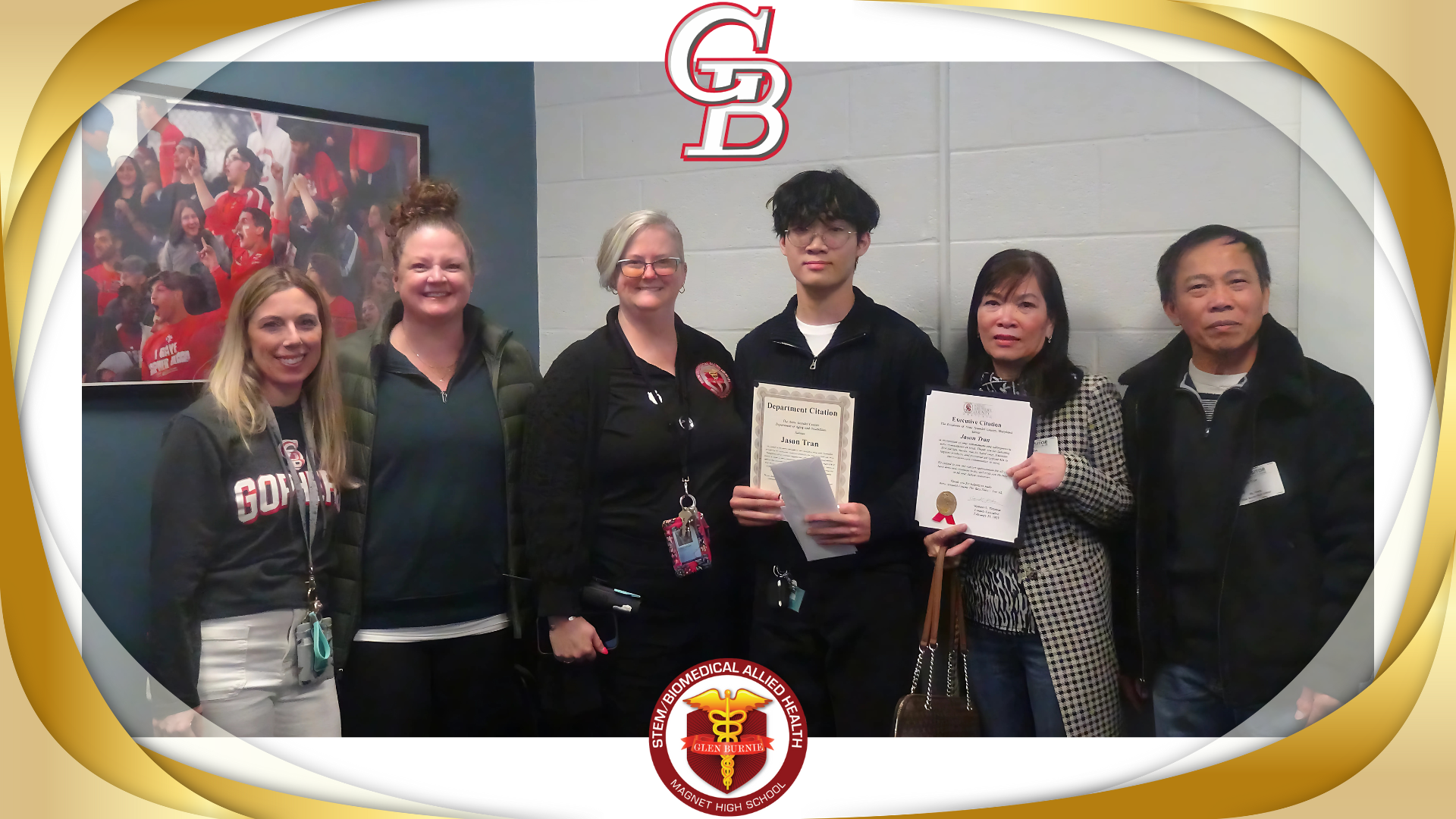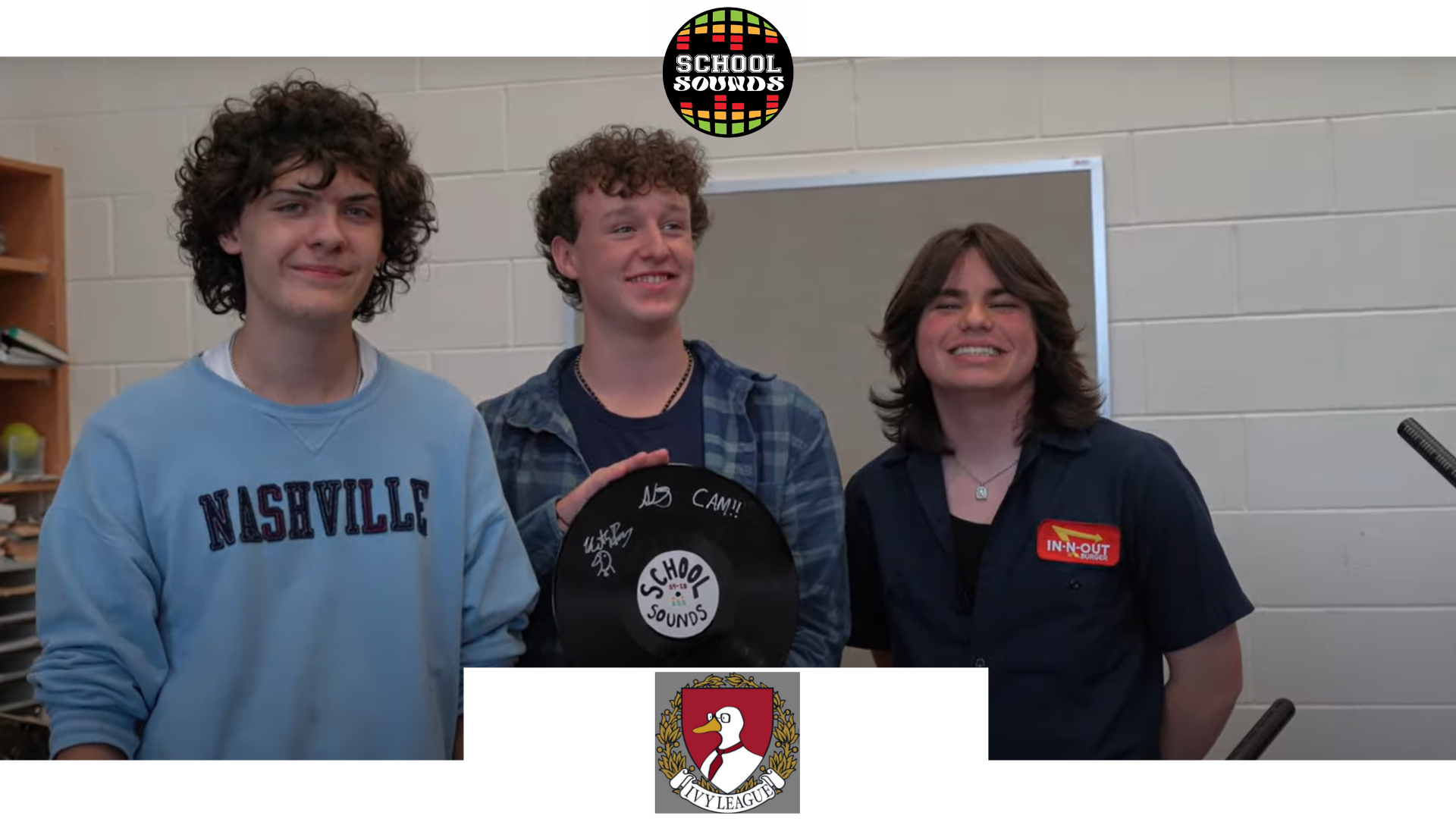Wayne Shipley
I am an AACPS: Retired Teacher, Andover High School
1967 found me and many other university seniors hoping to find an inspirational student teaching assignment. We had all heard stories of unfortunates who got stuck in situations in which their assigned critic teachers allowed infrequent opportunities to actually present lessons. Instead the newbie spent hours typing and running off dittos (yes “dittos”–Google it!) or grading multiple-choice tests.
I was assigned to a school near Friendship Airport in Linthicum, which served as the bedroom for the mega company Westinghouse. Andover High School, which had opened a mere five years before, was, I was told, “the garden spot of Anne Arundel County.” I was to learn before long that indeed it was a special place.
My critic teacher was English Department Chair Sue Reynolds. She made it clear from day one that she did not tolerate nonsense in youngsters or adults. I inferred that she felt that I was neither. Ms. Reynolds was, without question, the last hurdle for academic seniors. She determined who walked across the stage at graduation; so you had better not split an infinitive or voice disrespect for Shakespeare– or any other British writer for that matter. I knew that I was about to get an education from the iron-fisted lady whose Virginia accent and dedication to her craft endeared her to me forever.
Principal Roy Carter, knowing that he had a crack teaching machine at HIS school, allowed me to observe his staff both in their classes and in the less formal world of the Faculty Lounge. The encouragement I received daily and the variety of effective teaching styles and strategies I observed afforded me an understanding that university could not. These educators loved what they were doing, and, what’s more, they liked kids. The power of mutual respect was never more evident than watching Andover teachers interact with Andover students.
Within two weeks, under Ms. Reynolds’ supervision, I was teaching a unit on the Romantics, Byron, Keats, and Shelley. I quickly leaned that teaching was hard work, more challenging that I had ever imagined: but I also knew that my chosen field would afford me a rare level of satisfaction. Ms. Reynolds had actually let me teach. Not her lessons– but my own!
Student teaching ended in what seemed like days, and I knew that I would be faced with seeking an assignment.Teachers being in short supply, I soon was placed in another school for the following year. I remember being both excited and somewhat saddened that I would have to leave the people who had served as such fine examples for the kid trying to get a handle on art of teaching. Just before I left, Principal Carter beckoned me into his office (I assumed to wish me well). ” I have a position opening up next year. I would like to have you at Andover,” he said. “Of course, I’d like nothing more, Mr. Carter, but I’ve already signed a contract.” Without hesitation, Mr. Carter said, “You let me take care of that.”













